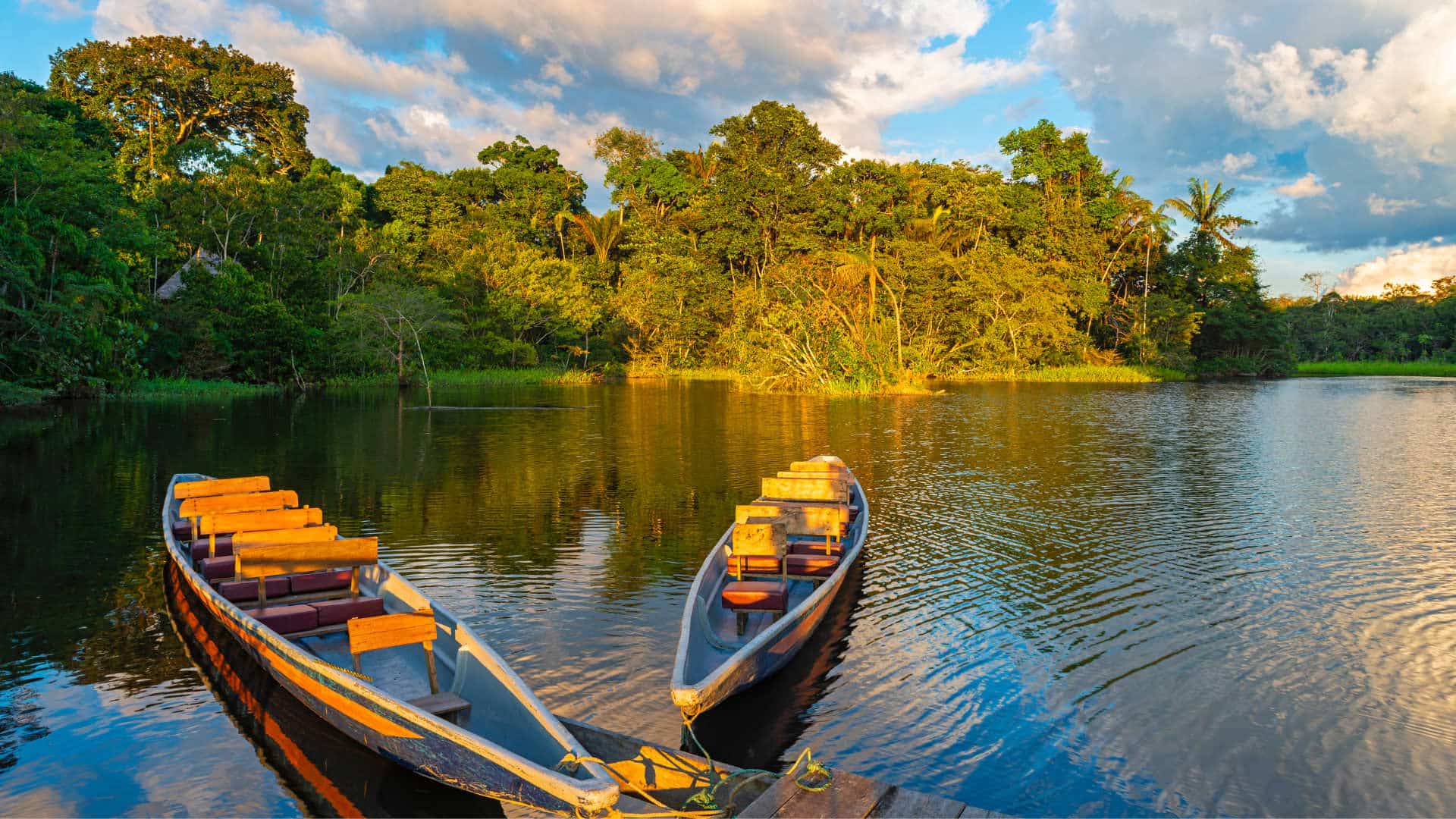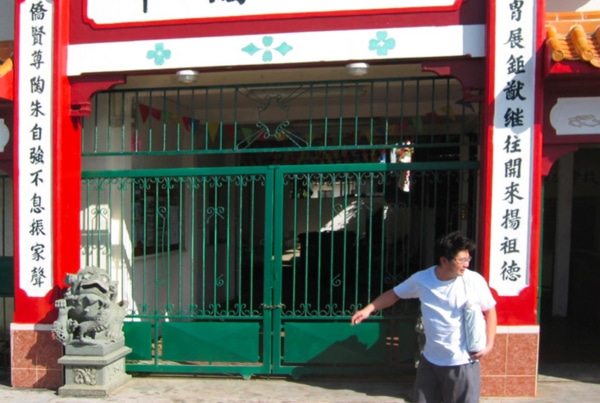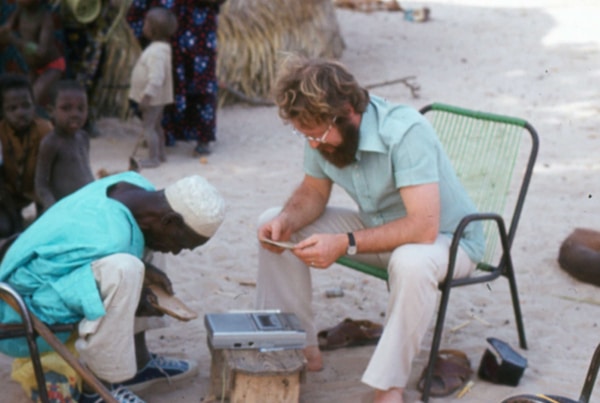
The MINEA Research Unit, the CTG and the CACL are pleased to inform you of a new series of conferences, which will give us the opportunity to meet at the rate of one conference per month, on Thursdays at 6.30 pm.
J rom now until December 2025, researchers from MINEA and other laboratories in France and elsewhere will be exploring the theme of rites of passage to adulthood, or social puberty rites (Van Gennep; Goguel d'Allondans; Lachance). They will be looking at the way in which nature is used in these rites, through which many peoples help young people to cross the threshold of childhood. At a time when we are losing touch with nature and environmental issues are becoming ever more pressing, we will see that the natural knowledge passed on during these rites helps to 'insert' people into life. We will also try to understand how these rites encourage (encourage?) the emancipation of young people and contribute to their social integration. Two things that may seem contradictory today...
These conferences will provide an opportunity to analyse the way in which we are 'connected', both with nature and with young people, to whom we sometimes fail to offer prospects for emancipation. Doesn't some anti-social behaviour, in Winnicott's sense, aim to find the ways out that adults fail to offer young people?
To question what is currently holding back the emancipation of a fringe of today's youth, we will reflect together on what can, or could, facilitate it. These debates are aimed at all those interested in young people and professionals working in the care and support of children and teenagers.
With our partners from the CTG and the CACL, who have made this project possible, we look forward to welcoming you to the Université de Guyane for these conferences, which are free and open to all, even the youngest!
Socio-cultural amnesia about nature: What rituals for an education in 'nature'? Lecture by Mara SIERRA-JIMENEZ
For several years now, the international reports of the IPBES (Intergovernmental Platform on Biodiversity and Ecosystem Services) have been denouncing the dangers associated with the extinction of biodiversity, in addition to two social phenomena that raise questions about the transformation of the relationship between man and nature: on the one hand, environmental amnesia, as each generation takes the degraded state of the environment around it as a normal experience; on the other hand, the extinction of experiences of encounters with nature, lived out in a multitude of different ways - through knowledge, emotions, bodily sensations, etc. - and the loss of a sense of identity.
In our view, although important, environmental amnesia and the extinction of experiences of nature conceal another major problem, that of the socio-cultural amnesia of nature, understood here as the phenomenon of the gradual disappearance of ways of relating to nature through the loss of socio-cultural knowledge and relationships in education about living things (Sierra-Jimenez, 2024). In the course of our conference, we will discuss the place that the rite of passage occupies or can occupy in nature education, or rather in bio-cultural nature education, in order to combat this 'loss' of the symbolic markers that link humans to other natural elements.
The rite of passage can be seen as an educational process enabling not only the transmission of socio-cultural knowledge and skills (myths, local languages, practices, crafts, dance, etc.), but also the learning of a mode of affective and emotional relationship with natural components. Nature occupies a central place in the materialisation of the rite of passage. It can be the centre, the setting, the guide, the path, the confidant, the protector or the trigger for a change in status or membership of a social group. In this sense, the rite of passage, as an emotional and transformative experience, seems to us to be entirely relevant to question as an educational practice that helps young people and adults build their identity and culture.
About Mara SIERRA-JIMENEZ
Mara Sierra-Jimenez has a doctorate in cultural geography. Her research focuses in particular on the ways in which humans relate to nature, and more specifically on sensitive and experiential relationships in educational practices involving living things. She is developing a methodology centred on sensitive and experiential cartographic approaches, as well as the analysis of accounts of experiences lived in and with nature. She took part in the European REGREEN project on nature education in France, Croatia and Denmark, and is currently working as a post-doctoral researcher at INRAE/University of Bordeaux as part of the 'Tackling Global Change' project. She recently contributed to the book l'école face au défi écologique (ESF Sciences humaines, cahiers pédagogiques, forthcoming) with : "Mais on ne peut pas avoir un relation avec une arbre" and "Art et sciences participatives à l'école".
- SIERRA-JIMENEZ, M.,(2020). "Dessiner sa Guyane : les cartes mentales de jeunes du littoral". in: Atlas critique de la Guyane ; Chapitre 11 : Imaginer la Guyane par les cartes. Matthieu Noucher, Laurent Polidori (eds.), CNRS Éditions, Paris 2020, ISBN 978-2-271-13213-0
- SIERRA-JIMENEZ, M., "Amnésie socio-culturelle de la nature et Rites de passage contemporains", in: Chapellon S., & Lachance, J. Devenir adulte au contact de la nature. Rites d'initiation d'hier et d'aujourd'hui en Guyane et ailleurs, Presses Université Laval (forthcoming).
- DESHAYES T., et al. Analyse narrative de " récits de nature " de jeunes Parisiennes et Fréjusiennes : approche sociolinguistique des expériences de nature ". Revue Langage et Société, forthcoming




